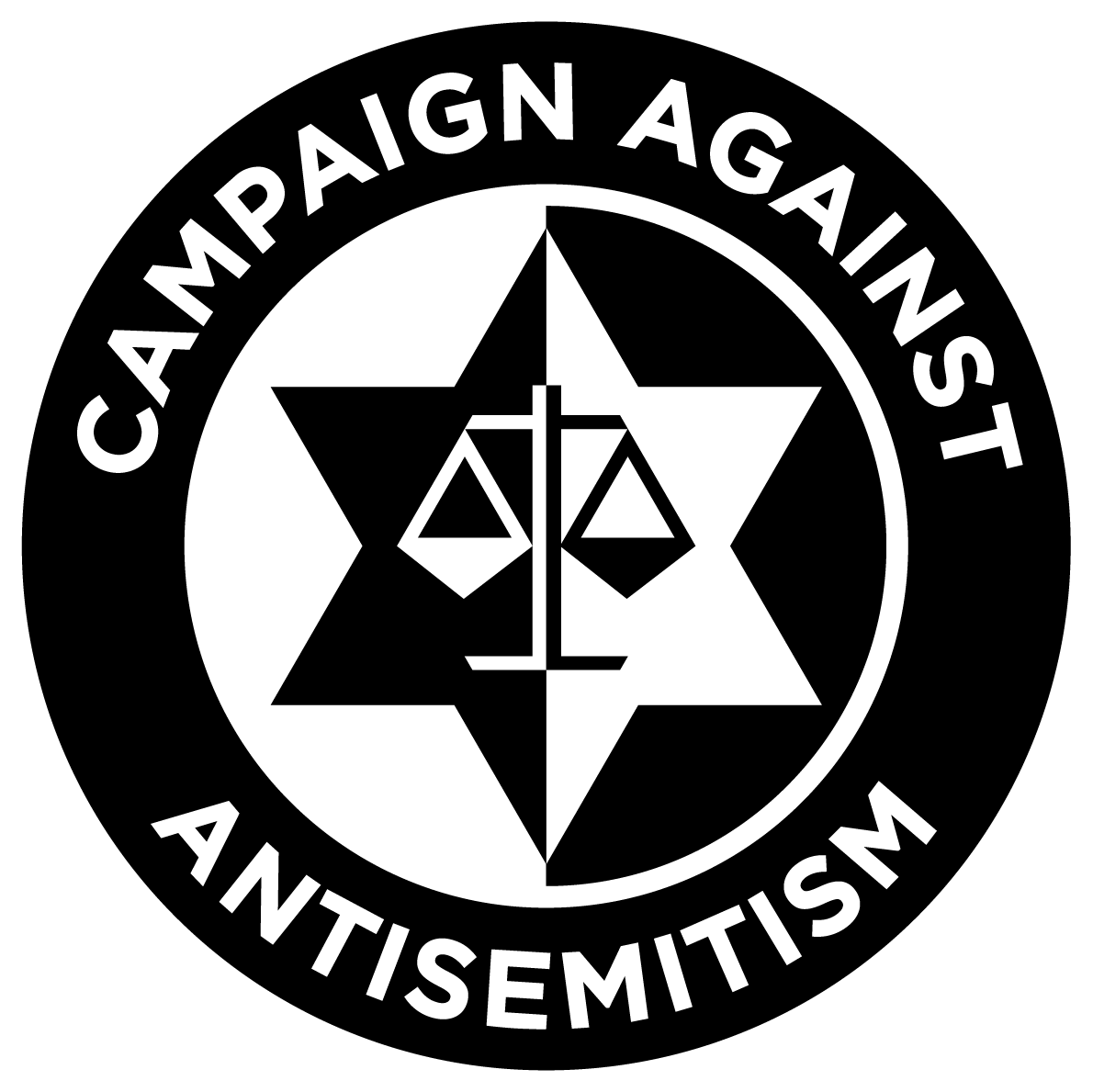JLE’s Rabbi Aubrey Hersh explains what the festival of Purim teaches us about antisemitism
Rabbi Aubrey Hersh, the Senior Lecturer and Projects Director at the Jewish Learning Exchange (JLE) in the North London area of Golders Green, appeared on the most recent episode of Podcast Against Antisemitism where he spoke about the Jewish festival of Purim and what it can teach people about antisemitism.
Purim, which takes place next week, celebrates the salvation of the Jews of ancient Persia from an antisemitic genocide masterminded by the king’s second in command. The Jews’ salvation is secured with the blessing of the king, but it is delivered by the Jews themselves, who are simply given permission to fight to prevent the planned bloodbath.
Rabbi Hersh said to the podcast host: “Politically, we need to be aware that there are always those looking to take advantage and will prey on soft targets, and throughout the last 2,000 years, Jews were often presented as being just that; a soft target whilst they were in exile.”
Speaking on how the manner in which antisemitism manifested itself in the Purim story has repeated over time, he explained: “[The Jews] were a minority in a majority host culture. They did not have a country of their own. There was exploitation, and this is true of any country in which the Jews have lived in. They have never been free of the accusations that have accompanied antisemitism, irrespective of the century, irrespective of the location.
“In fact, it is summed up in three words in the story that we read publicly on Purim, the Megillat Esther (Book of Esther), where we say ‘V’ha’ir Shushan navocha’, which really means that the city of Shushan, the capital city, was confused, and the confusion arose from the fact: ‘Why pick on the Jews?’”
He continued: “They looked like their neighbours, they dressed like their neighbours, they appear like their neighbours, they’ve had a similar education to their neighbours. Why are they being singled out? And this is a question that will occur over and over again to any objective reader of history over the past 1,900 years.”
“The Purim story,” he said, “is essentially the first attempted genocide.”
Speaking on antisemitism more broadly, he would go on to say: “At a time, there was religious antisemitism, and then there was political antisemitism, there has been economic antisemitism, racial antisemitism. Nowadays, we experience antisemitism through anti-Israel, often, and therefore, it morphs with the times. As the older one becomes unfashionable, a new one pops up. It cannot be neatly defined, but it is there, and ultimately, its visceral.”
In addition to his work at the JLE, Rabbi Hersh has, over the last two decades, run more than 250 heritage tours in Europe to destinations such as Krakow and Auschwitz, Prague, Paris, Amsterdam and Budapest, and since 2003 has specialised in Holocaust education, working with the Imperial War Museum and Yad Vashem. He is also one of the regular voices on the “History for the Curious” podcast, which looks at historical events, people and movements, with several episodes covering the Nazis and the Holocaust.
This podcast can be listened to here, or watched here.
Podcast Against Antisemitism, produced by Campaign Against Antisemitism, talks to a different guest about antisemitism each week. It streams every Thursday and is available through all major podcast apps and YouTube. You can also subscribe to have new episodes sent straight to your inbox.
Previous guests have included comedian David Baddiel, television personality Robert Rinder, writer Eve Barlow, Grammy-Award-winning singer-songwriter Autumn Rowe, and actor Eddie Marsan.



